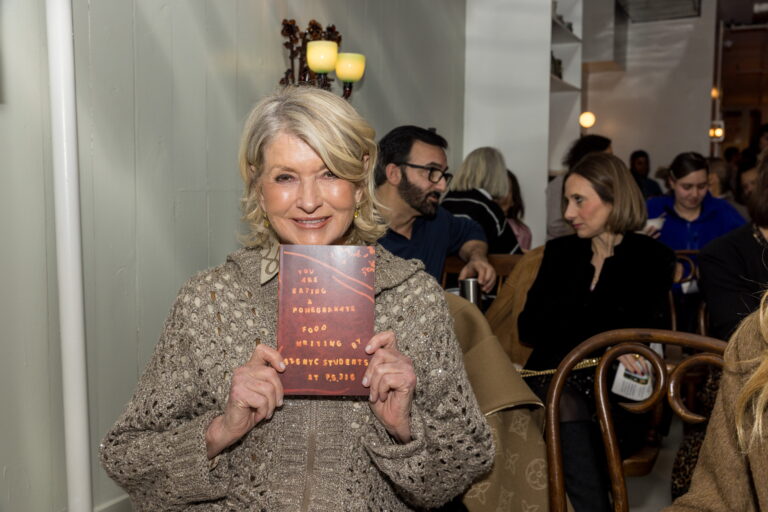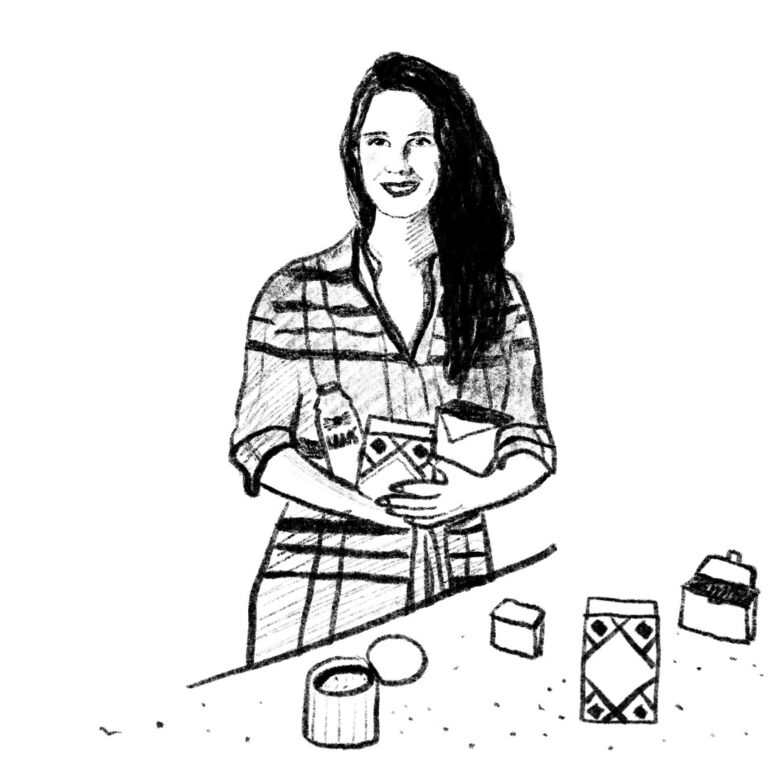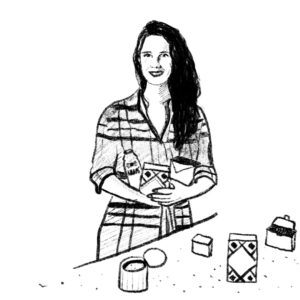
Todd White believes he looks younger today than he did a decade ago. He credits this rejuvenation to what he calls his biohacking lifestyle, a philosophy of optimizing one’s habits to take charge of typically passive biological processes—aging, for example.
For White, this means a strict regimen of 22-hour intermittent fasting, Wim Hof breathing (submerged in ice cold water), journaling, meditation, and adhering to a ketogenic diet. Needless to say, he only drinks natural wine.
The story of Dry Farm Wines begins eight years ago. “I was looking for a better way to drink wine,” says White. In 2015, he was living in Napa Valley, and at the beginning of his biohacker journey. Wine, once a treasured indulgence at the end of the day, became difficult to tolerate.

White began a deep dive into the wine industry’s well-obscured underbelly, emerging with a number of concerning insights: Of the U.S.’s 12 most pesticide-heavy types of produce, grapes ranked eighth. As the result of certain additives, many American wines cannot be deemed vegan.
White shifted his focus to natural wine, which the industry designates as “organically farmed, fermented with native yeast, and additive-free.” Rather than making the switch on the movement’s good reputation alone, White “took it a few steps further by quantifying the health aspects of these wines through lab testing, in addition to their excellent taste profiles.”
Later that year, the serial entrepreneur unveiled his own operation: Dry Farm Wines. Named after a natural farming practice, the company boasts partnerships with over 800 family growers across Europe, the result of deep connections that White formed while traveling the globe in search of vineyards that upheld heritage winemaking traditions.

“You need that spiritual connection to nature, that understanding that everything is connected,” he notes. The bottles are sugar-free, low in sulfites and alcohol content (under 12.5 percent), low in carbohydrates, and independently lab-tested to ensure they meet the company’s stringent guidelines.
The results speak for themselves: Dry Farm Wines’ customer base has grown steadily in the near-decade since its founding, earning the loyalty of the likes of Halle Berry and Molly Sims. For White, this growth is the logical result of an offering that is remarkably rare in the viticultural community: natural wine grown traditionally, without toxic additives or chemical interventions.
“When you taste these wines, you immediately notice the difference,” he says. “They are ethereal, they are supernal, they rise above what you know.” But commercial success aside, the mission of Dry Farm Wines is a simple one: “If you can choose wine that tastes better and is better for you,” says White, “why wouldn’t you?”










 in your life?
in your life?

